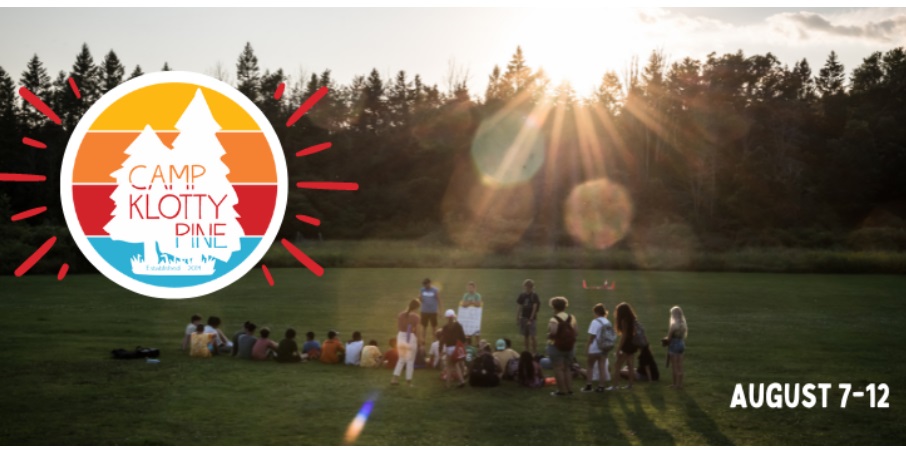
It’s Time to Prepare for Camp! Camp Klotty Pine is August 7-12.
Is your camper prepared? Are you?
It’s time to start preparing for Camp Klotty Pine as we count down the days to camp on August 7-12. The camp experience begins long before your camper arrives at camp. These are simple ways to make sure your camper (and you!) are ready for the full camp experience. A prepared camper will thrive at camp also give the caregiver the peace of mind that their most precious person is having the time of their life.
Let’s get packing!
It might feel like a lot of work to gather and pack everything your camper needs for camp, but it’s also a great way to involve them, have meaningful conversations, and get them excited about the week.
Doing this together will help them understand they are responsible for their belongings and making decisions on what to wear and prepare for each day. Caregivers can ensure that unnecessary or banned items don’t end up in your child’s bags and conversations can be guided back to the reason they are going to camp and why they can’t bring their Switch or cell phone for example. We promise they won’t even miss their electronics or 12 stuffed animals they thought would be a good idea to bring! [As a reminder, please review packing list found in the Caregiver Guide.]
Talk about camp
Adding conversations into your daily chats is a great way to get your camper amped for camp. These conversations are also important for you to listen to what concerns they might have and work through them in advance. Share your own positive experiences about summer camp. Talk about how they might be able to handle homesickness (which is totally normal) with your camper. If that’s a concern, think about sending along a special note that they can pull out and hear how proud of them you are. A little encouragement can go a long way, but make sure it focusses on them working through their feelings of missing you, not making false promises or setting them up to miss you more.
Practice, practice, practice
Camp is an environment in which the camper will develop and learn person responsibility and independence. Begin now by having your soon-to-be camper manage his own hygiene routines (teeth brushing, showering, hair brushing, sunscreen), keeping track of their things, picking up after themselves, and making their bed with minimal reminders. These are skills that kids will use at camp, and you won’t be there to keep on them. Your child’s counselors will provide gentle reminders, but they will really appreciate a camper who is ready to do these things without much prodding.
It’s also important to prepare your camper for the outdoors. Get your entire family involved and take a hike or swim at the lake. Encourage a love and respect for nature. Go camping if you like and take in all the sights and sounds. This can be fun for everyone!
Another great way to prepare is sleepovers. Send your camper off to grandma and grandpa’s house for the weekend, or plan sleepovers with friends. Your camper will gain confidence in their ability to manage away from you and have a blast of course.
Manage expectations
Camp is amazing, but just like at home, your camper can’t always control what the day looks like. Prepare them by discussing the schedule and routine. Prepare them to adapt to changes in day and relationships with other campers. Just like in the real world, everyone doesn’t always click, but modeling respect for differences can help them navigate that if needed. Make sure they know they can, and should, always feel comfortable talking to their counselor or camp director, Karin, if they are having trouble or needing a little extra support. We are there to make sure everyone is getting the most out of camp in a safe, inclusive, and kind way after all!
Do not make The Promise
With the bests of intentions, many caregivers tell their campers that they will come get them if they are not happy. This is the worst thing you can tell a camper. This statement sends the message to your camper that you don’t believe in their ability to succeed at camp. It can also set up unrealistic and low expectations about camp. These feelings often lead campers to take the easy way out if they are ever sad at camp instead of working through the issues and building confidence in their abilities. We are always there to support your camper and will never hesitate to reach out to their caregiver if needed.
We hope these suggestions will help set your camper up for success at camp. Please reach out to Karin, our camp director at kkoppen@glhf.org for additional tips or help in preparation.
See you at camp!
For all registration information visit https://glhf.org/what-we-do/camp.